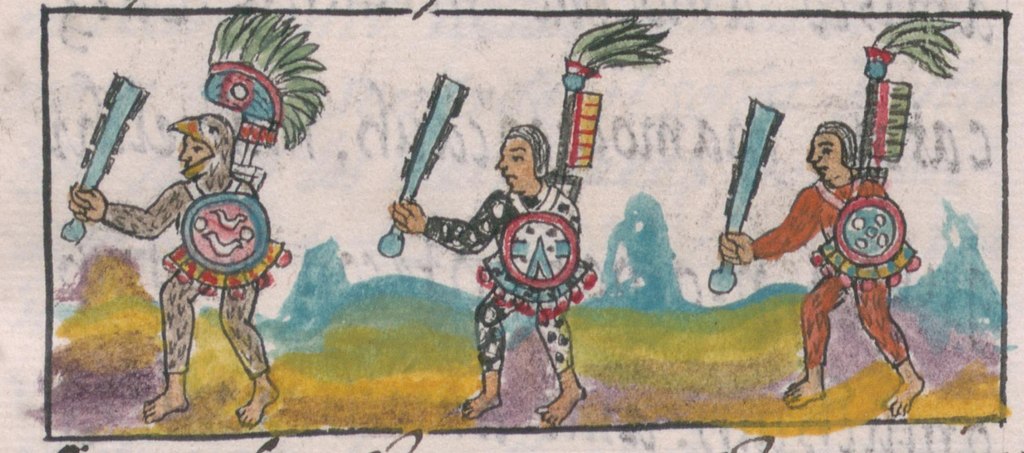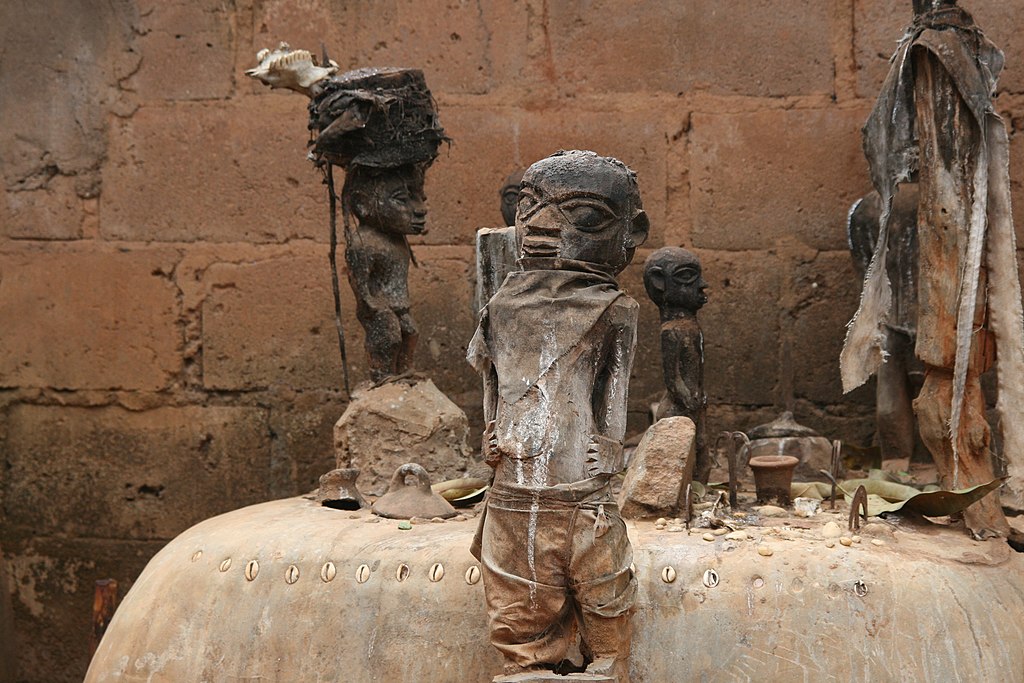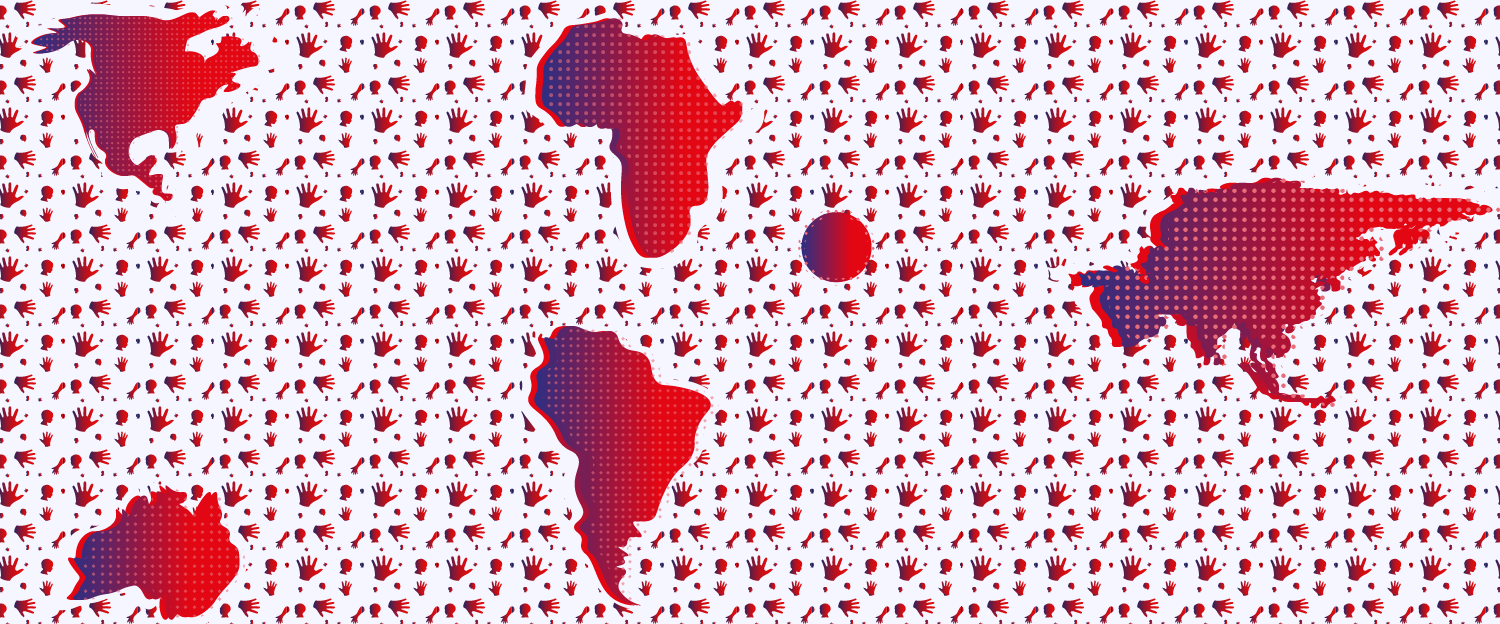It can be challenging to read late nineteenth and early twentieth century books by white, European anthropologists and sociologists about religion. Words and phrases, such as “savages”, “primitives” and “lower races” are frequent and disturbing, not least because social scientific methodologies for studying religions, and indeed social phenomena more generally, are supposed to be based on empathy and understanding rather than prejudice. There are two main elements to be considered: on the one hand, the race structure of the early anthropology and sociology of religion and, on the other, assets from those same sources that can be used to advance a reflexive and decolonial anthropology and sociology of religion.
In the late nineteenth century, white, European anthropologists and sociologists posed themselves the following question: what were the origins of religion? They assumed that the answer to the question lay in a long distant past and they chose to answer it using two kinds of evidence, which were sometimes presented separately, and sometimes blended together. The first kind of evidence was psychological and speculative. For example, anthropologists imagined themselves as ancient philosophers theorising about phenomena such as dreams and death. Religion, according to these anthropologists, emerged from rational self-inquiry and introspection about these and other types of empirical phenomena. Over time, these enquiries and the theories they spawned revealed the limits of religious explanations, and science was eventually born. Time, then, was an evolutionary and a developmental process, but development was being measured by the very same anthropologists who had already placed themselves at evolution’s zenith.

The second kind of evidence came from European observations of the religious practices of peoples in Africa, the Americas, Asia and Oceania. Although these peoples were living at the same time as our anthropologists and sociologists, the anthropologists and sociologists saw these peoples as proxies for humanity’s earliest ancestors. As throwbacks to the stone age, their religious practices indicated patterns of thought and cognition that, according to the white, European standards of the day, were irrational and fatally enmeshed in “primitive” and mystical causalities. The origins of religion lay, according to these anthropologists and sociologists, in these irrational patterns of thought.
If today imagining oneself as an early human seems somewhat eccentric as a research method, it notably depends on an important idea. One can only engage in such an act if one is certain that how one thinks now and how they thought then is the same. That, in short, there is a common cognitive architecture or chain of reasoning that links the two. Racism is based in the contrary assumption of absolute cognitive difference.

But there was also the suggestion that “modern” (techno-scientific) and “primitive” (religious) forms of thought were different in kind and quality. At the same time as early anthropologists and sociologists were reading and writing about “primitives”, they were also intrigued by elements of their own culture, in particular “wild” and “primitive” practices and cognitive operations, based not in some far-off distant shore or in some time before time, but right in their midst, in the delirium of Romanticism, superstitious “folk” traditions and more. All kinds of anxieties about degeneracy, miscegenation and racial purity emerged from these discoveries. The idea that religious and secular-scientific styles of thinking could coexist in the same head at the same time should be a timely reminder of the complex interplay of rich, hybrid resources from which our psychological and social lives draw sustenance. It points not only to the diversity of our inheritances but also the asymmetrical contexts in which they come to us.
Finally, early anthropologists and sociologists of religion were trying to wrest the study of religion from powerful, religious institutions by creating a new, social scientific vocabulary and by establishing formal social scientific methods to guide research. Their objective was to enrich public discourse about religions and to reduce religious forms of intolerance. It is important to recognise the extent to which this early scholarship was structured by white supremacy but also to acknowledge that other resources also inhabit these texts which can be put to work towards a reflexive, decolonial anthropology and sociology of religion.




Rate and Review
Rate this article
Review this article
Log into OpenLearn to leave reviews and join in the conversation.
Article reviews